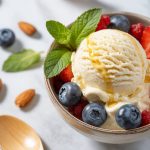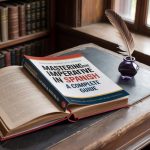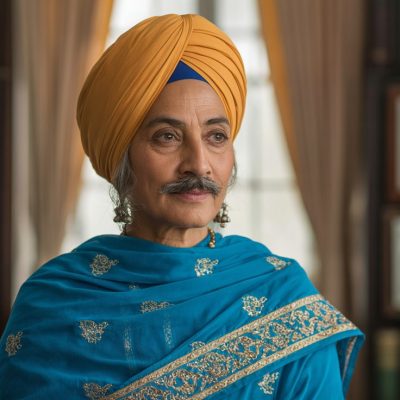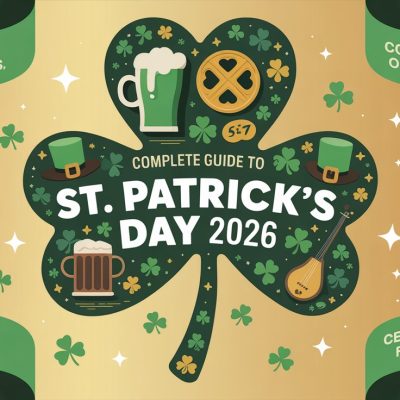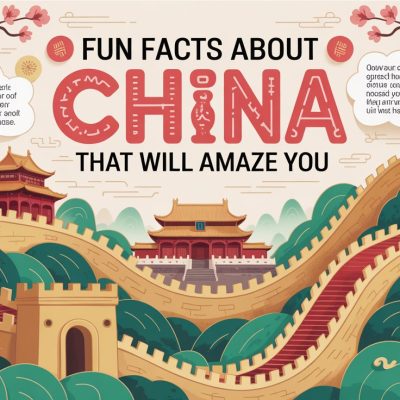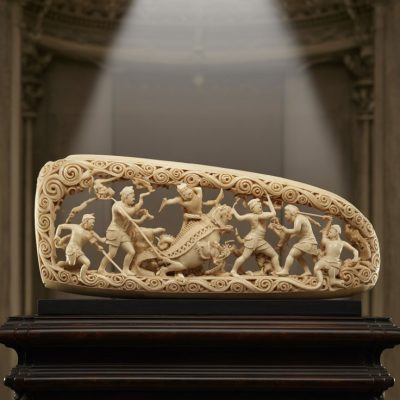Introduction
Have you ever listened to a Jamaican conversation and felt like it was music to your ears, even if you didn’t understand every word? Jamaican Patois is exactly that—it’s not just a language but a rhythm, a heartbeat of a people and their culture. Every phrase carries warmth, humor, and a unique style that makes Jamaican communication unforgettable.
In this article, we’ll uncover the richness of Jamaican Patois phrases and the stories they carry. You’ll learn their meanings, cultural background, and how you can use them in real conversations. Think of this as your passport into the world of Jamaican expressions—a colorful journey through words that feel like reggae for the tongue.
What is Jamaican Patois?
Jamaican Patois, often known as Patwa or Creole, is the vibrant everyday speech of the Jamaican people. It’s not “broken English,” as many think—it’s a fully developed dialect shaped by history, blending English with African languages, Spanish, French, and even a little Portuguese.
When Jamaicans speak Patois, it often sounds like poetry. Each phrase flows with rhythm, making conversations lively and unforgettable.
The Roots of Jamaican Patois
To understand Patois, we need to look back at Jamaica’s history. During colonization, enslaved Africans were forced to communicate with English-speaking overseers. Over time, African words mixed with English, creating a unique blend. This evolution wasn’t random—it was survival, creativity, and identity all wrapped in one.
Patois is more than a way of speaking—it symbolizes the resilience and cultural pride of Jamaicans.
Everyday Jamaican Patois Phrases
Let’s look at some common Jamaican phrases you might hear on the island:
-
“Wah gwaan?” – What’s going on? / How are you?
-
Mi deh yah.” – An easygoing way to say “I’m around” or “I’m doing okay.
-
“Everyting irie.” – Everything is alright.
-
“Bless up.” – Stay blessed / Greetings.
-
“No problem, man.” – It’s all good, don’t worry.
These aren’t just words—they carry friendliness and positivity that instantly break the ice.
Greetings and Introductions
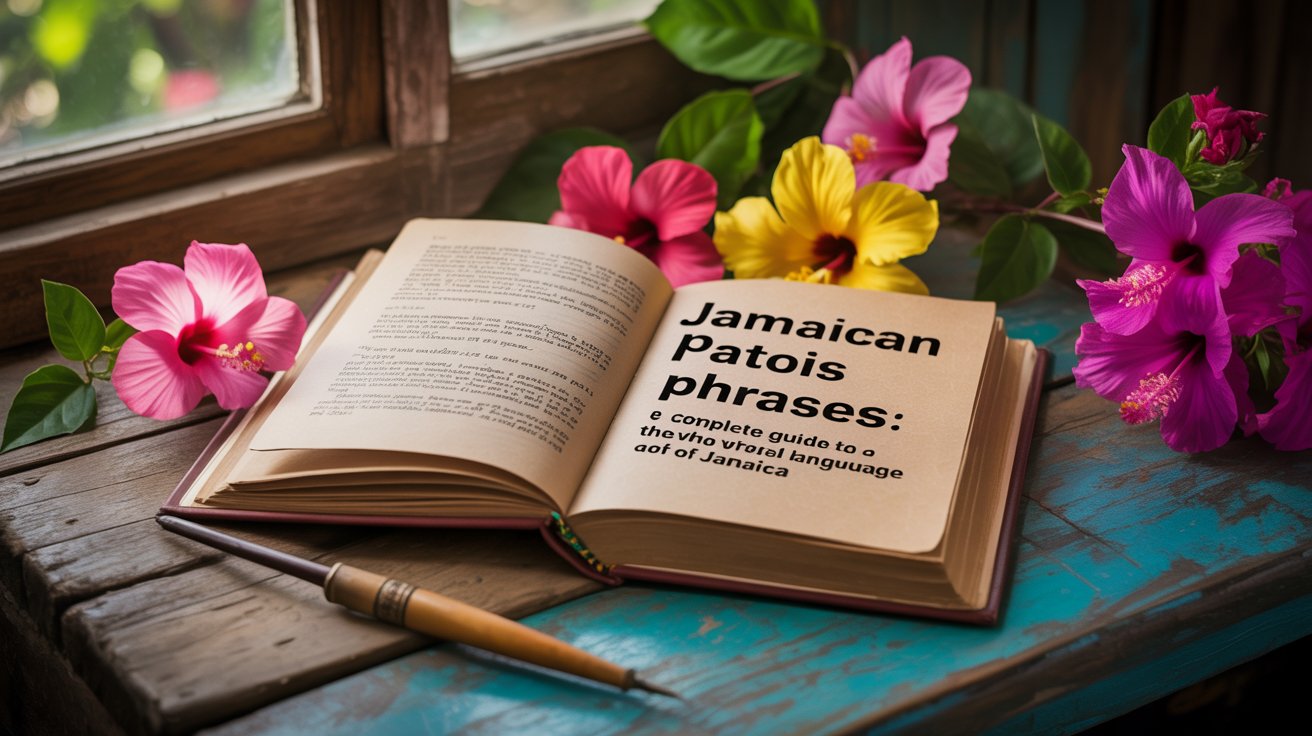
When you land in Jamaica, greetings are essential. They reflect warmth and respect.
-
“Good mawnin’” – Good morning.
-
“Mi glad fi meet yuh.” – A warm expression meaning, “It’s a pleasure to meet you.
-
“Yuh name wa?” – What’s your name?
What makes these greetings special is their relaxed, melodic tone, so different from standard English. It’s almost like a friendly hug through words.
Expressions of Love and Friendship
Love in Patois sounds playful yet powerful. Here are some favorites:
-
“Mi love yuh bad.” – A heartfelt way of saying, “I love you deeply and passionately.
-
“Yuh a mi heart.” – You’re my heart.
-
“Big up yuhself.” – Show yourself some love / Respect.
Notice how affection in Patois isn’t just romantic—it’s often used among friends and family, strengthening bonds with laughter and respect.
Food and Dining Phrases
Food is central to Jamaican culture, and Patois reflects this passion.
-
“Mi waan some ackee and saltfish.” – A way of saying, “I’d love a serving of ackee and saltfish, Jamaica’s famous national dish.”
-
“Di food slap weh!” – The food is amazing!
-
“Nuh lef no crumbs.” – Don’t leave any leftovers.
Eating together isn’t just about food—it’s about storytelling, music, and togetherness.
Music, Dance, and Cultural Sayings
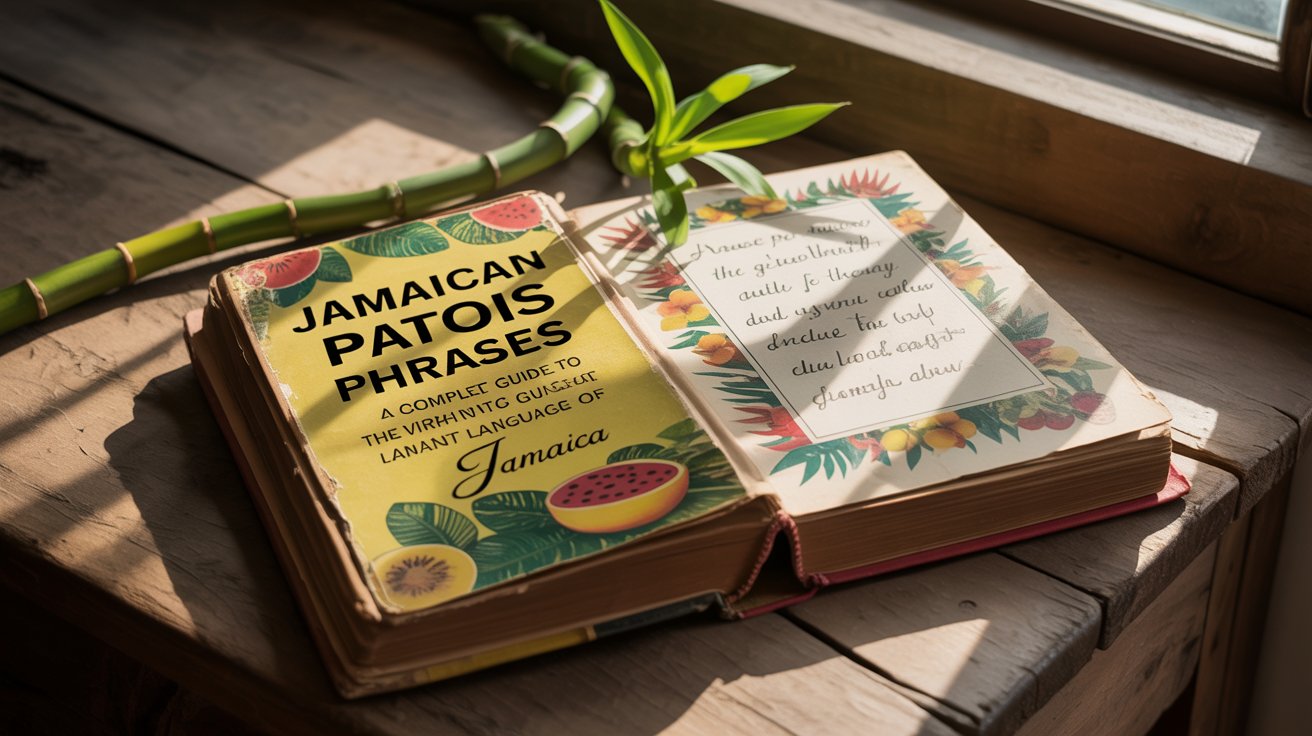
Patois and reggae are like peanut butter and jelly—they just belong together.
-
“Turn up di vibes.” – Make the atmosphere lively.
-
“One love.” – Universal love and unity.
-
“Di riddim sweet.” – The rhythm is great.
These phrases often appear in reggae lyrics, carrying Jamaica’s philosophy of joy, love, and resilience across the world.
Proverbs and Wisdom in Patois
Like many traditions, Jamaica carries its wisdom through proverbs, offering a treasure of timeless lessons.
-
“Every mickle mek a muckle.” – A reminder that small contributions eventually grow into something big.
-
“Chicken merry, hawk deh near.” – Trouble comes when things look too good.
-
“Puss and dog nuh have di same luck.” – A proverb reminding us that everyone’s journey in life is unique.
These proverbs are like little mirrors of life, simple yet profound.
Jamaican Patois in Popular Media
Thanks to reggae and dancehall music, Jamaican Patois has traveled far beyond the island. Artists like Bob Marley, Shaggy, and Sean Paul have made phrases like “irie” and “one love” global.
Hollywood movies and TV shows also use Patois, though sometimes inaccurately. Still, it shows how deeply the language fascinates the world.
How to Use Jamaican Patois Respectfully
Language carries culture, so using Patois respectfully matters. Avoid using it as a joke or stereotype. Instead, learn its meanings and history. Jamaicans usually welcome outsiders trying to learn, as long as it’s done with genuine respect.
Think of it like borrowing someone’s favorite shirt—you wear it with care.
Common Mistakes Learners Make
-
Overusing phrases without context.
-
Assuming it’s just slang.
-
Mixing Patois with English incorrectly.
The trick is to listen more than you speak at first. Soak in the flow and rhythm first, before attempting to imitate it.
Why Jamaican Patois Captivates the World
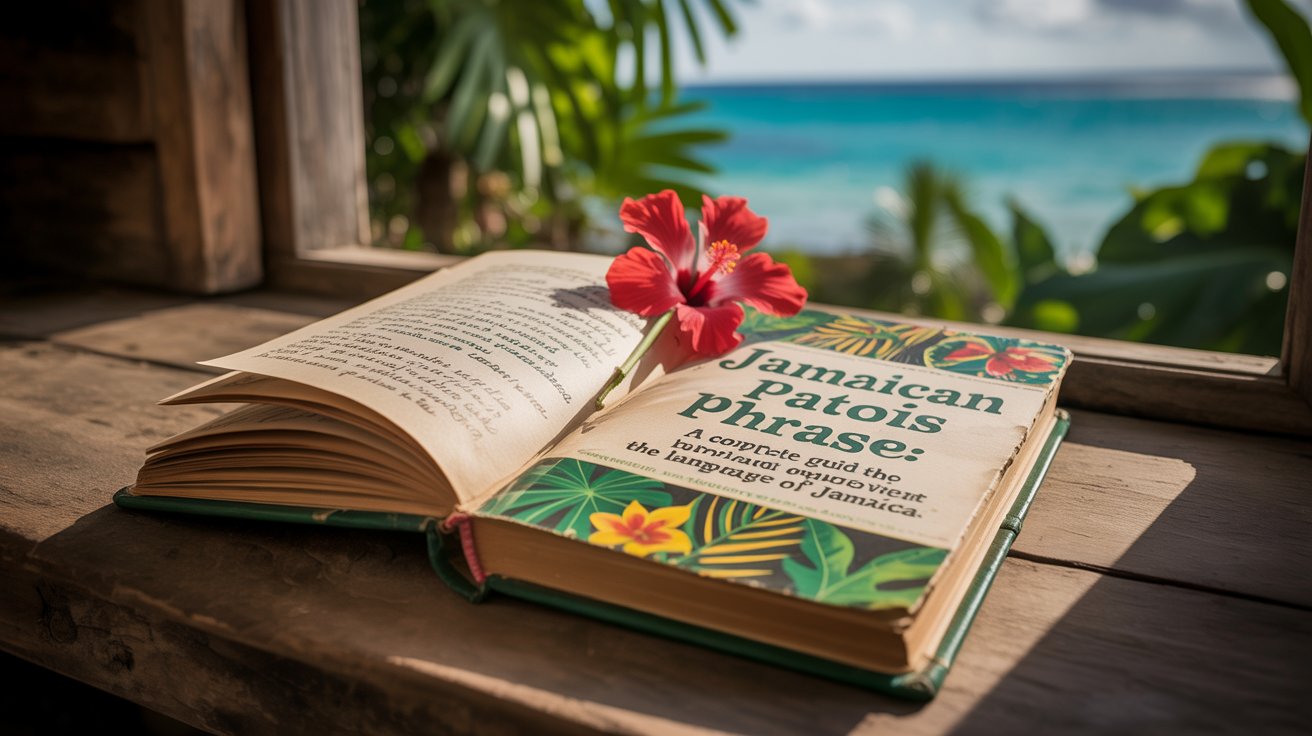
So why does Patois fascinate so many? Because it carries more than words—it embodies rhythm, feeling, and cultural identity. Every phrase feels alive, carrying humor, warmth, or wisdom. It’s like reggae: even if you don’t understand the lyrics, you still feel the beat.
Learning Jamaican Patois Today
With the internet, it’s easier than ever to learn Patois. YouTube tutorials, music lyrics, and cultural exchange programs can help. The best way? Talk to Jamaicans directly—nothing replaces the authenticity of real conversation.
FAQs
1. Is Jamaican Patois the same as English?
No, it’s a Creole language with English roots but shaped by African and other influences.
2. Do all Jamaicans speak Patois?
Most Jamaicans understand and speak it, though some use English more formally.
3. Can outsiders learn Jamaican Patois easily?
Yes, with patience and respect. Music and daily conversations are great tools.
4. What’s the most famous Jamaican Patois phrase?
“Wah gwaan?” (What’s going on?) is probably the most recognized worldwide.
5. Why is Jamaican Patois important culturally?
It reflects Jamaica’s history, identity, and resilience, keeping cultural roots alive.
Final Thoughts
Jamaican Patois isn’t just a way of speaking—it’s a way of living. Every phrase tells a story of resilience, joy, and community. Whether you’re saying hello to a friend with “Wah gwaan?” or sharing wisdom through a proverb, you’re stepping into a culture that thrives on love and rhythm.
So next time you hear Jamaican Patois, don’t just listen—feel it.



